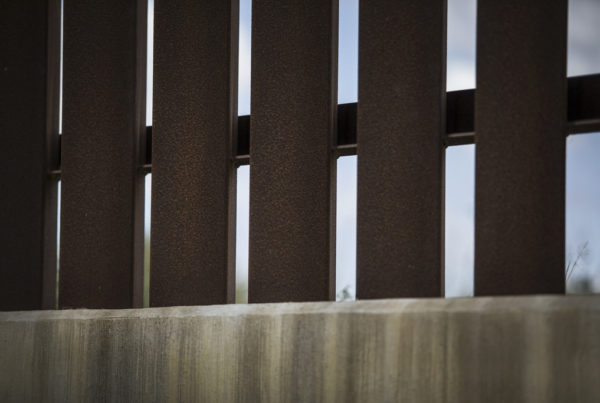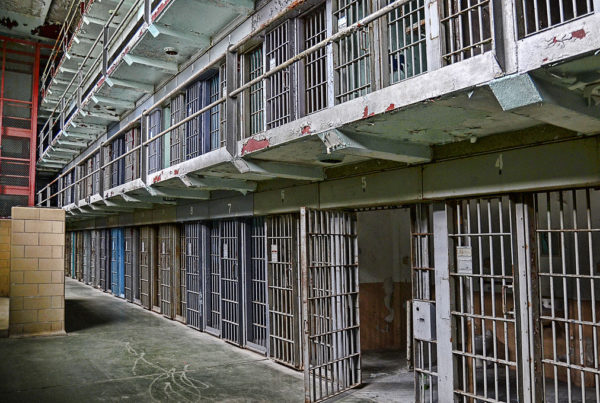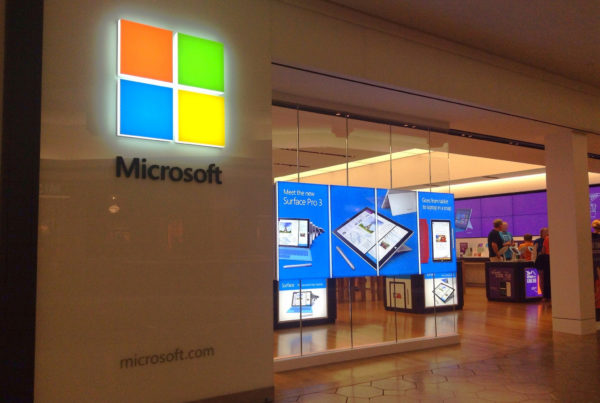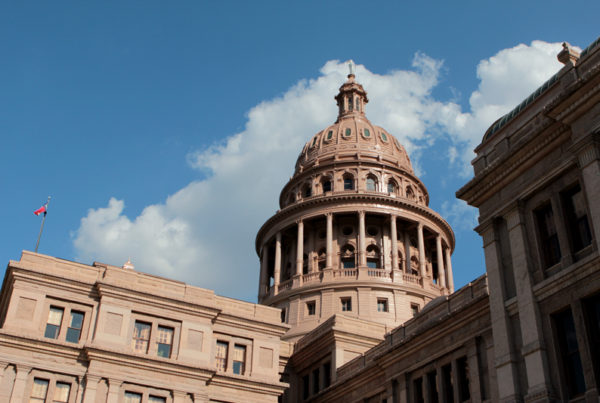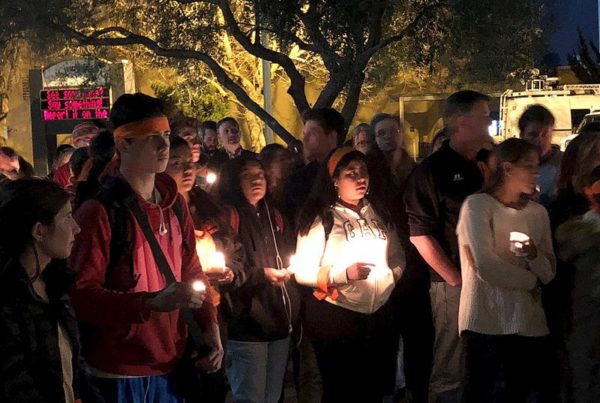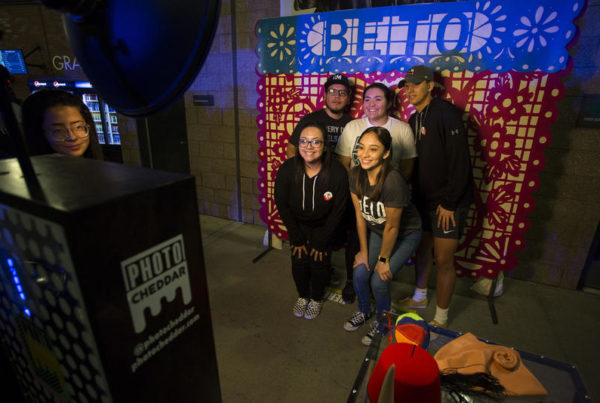The era of big data has brought enormous conveniences, and some really frightening scenarios, too. But if you’re worried about how much data is being gathered about you, consider what the people of Venezuela may be facing soon.
Reuters reports that Venezuela is rolling out a new ID. It sounds innocent enough, until you understand how this smart card came about, and what it will be able to do.
“In Venezuela, the idea of a smart card has been a long time dream for the ruling socialists,” says Angus Berwick, a correspondent for Reuters who is based in Venezuela.
December 2016 marked the rollout of the “carnet de la patria,” or fatherland card. It’s a small card with a scannable QR code. It gives the holder access to a growing range of basic services, like subsidized food, medicine, pensions and gasoline. But without the card, citizens cannot get access to these goods and services. And China plays a role here too. The Chinese company, ZTE, has been involved in this card rollout.
“[Venezuelan President Nicolás] Maduro’s government brought in ZTE in mid-2017 after an earlier version of the database that collects all the personal data from this cards,” Berwick says. “After that database was hacked by an anti-government group of activists here in Venezuela, ZTE was brought in to rebound the system, to prevent future attacks. And given that ZTE in other parts of the world has raised a lot of worries about the technology that it exports to authoritarian governments like Iran and North Korea, there are significant worries here about the motive of their involvement.”
But the link between the distribution of goods and services through the card, and other uses might not be innocuous.
“These cards vacuum up a huge quantity of data,” says Berwick. “Every time a person scans these cards, the system will log for an instance what that person’s income is, what their job is, their address, what benefits they receive from the government, whether they’ve been participating in events by the ruling socialist party,”
And the government could be using data against their own employees too, through access to records of participation in a recent election.
“I found evidence that the government is using this database… basically as a way of assessing their loyalty to Maduro,” Berwick says.
But some people feel the need to use the card to access basic services.
“There are a lot of Venezuelans who, irrespective of their political beliefs, what’s more important to them is being able to get subsidized food or their pensions, or fuel… a lot of them were saying ‘I don’t agree with the government, I don’t support Maduro, but I can’t take a risk on losing access to this services by not getting the card,’” Berwick says.
Written by Alvaro Céspedes.




